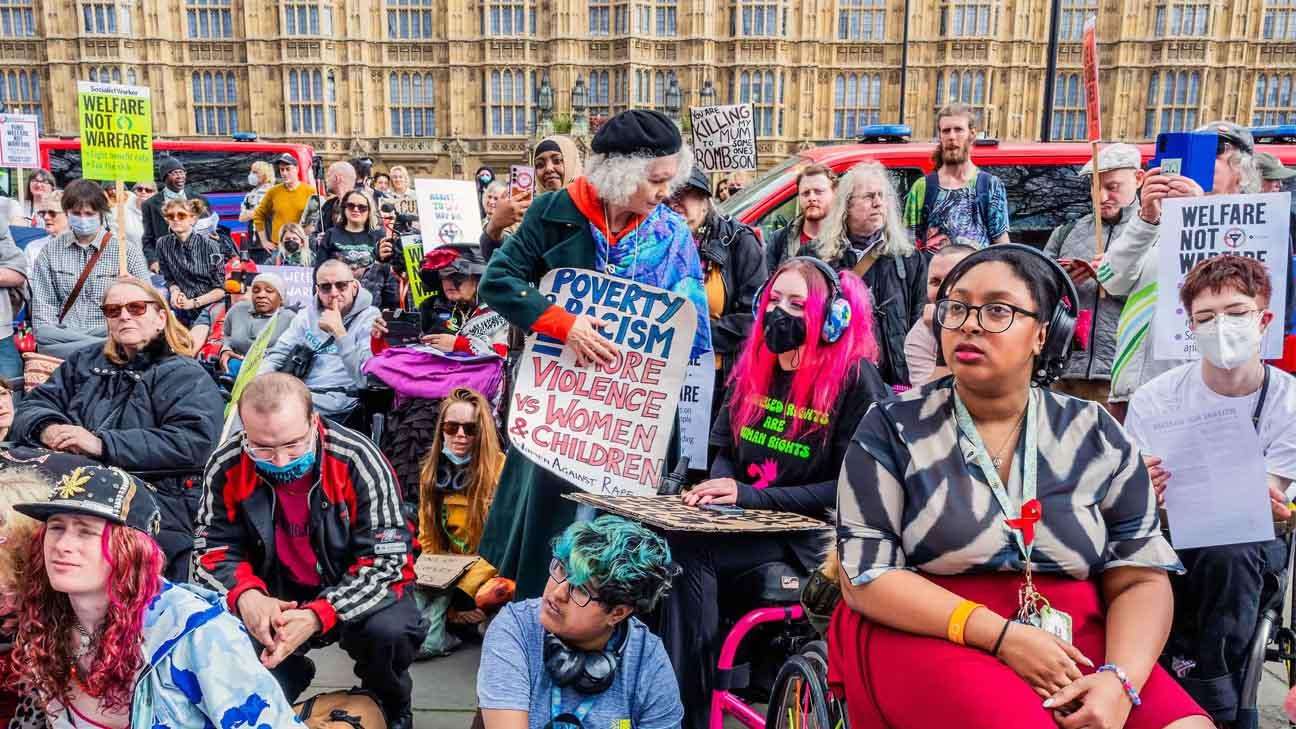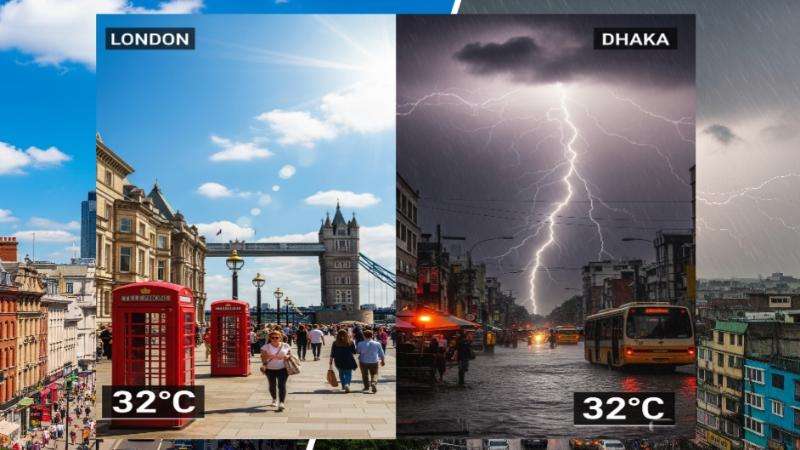In the current discussion regarding migration and asylum in Germany, the amount of social support received by asylum seekers has been a point of disagreement, with some arguing that payments incentivize irregular migrants to arrive.
One of the topics being debated in the German immigration debates at the moment is how to regulate the expenditure of asylum seekers' funds.
While the federal states are requesting a shift from cash to benefits in kind, the conservative Christian Democrats (CDU/CSU) and liberal Democrats (FDP) in particular have been pressing for payments for asylum seekers to be decreased. The FDP has also advocated for a payment card that may be used all around Germany to take the place of cash payouts.
In contrast to German citizens, recognised refugees, and Ukrainians who fled to Germany, asylum seekers receive around 18% less social support during the first six months following their arrival and almost no cash at all.
Here's an overview over the benefits asylum seekers and refugees are normally entitled to and in what form:
At initial reception centers
- Asylum seekers receive accommodation, food, clothes, hygiene, limited healthcare as well as consumer and household goods directly at the initial reception center of the 16 federal states.
- These 'basic benefits' (Grundleistungen) are provided as benefits in kind according to the Asylum Seekers' Benefits Act (Asylbewerberleistungsgesetz).
- Additionally, asylum seekers in reception centers receive benefits to cover personal daily requirements ('pocket money') of around €150 per month in cash – if the "personal daily requirements" is fully paid as 'pocket money', it's €182 per month.
- In some states, including Bavaria, asylum seekers also receive tickets for public transport as benefits in kind in return for less 'pocket money', according to the MSI.
Outside initial reception centers
- When asylum seekers move out of reception facilities, basic benefits as well as benefits to cover personal daily requirements are paid in cash.
- Currently, the total monthly benefits for those no longer accommodated in reception facilities are €410 for singles and €738 for couples.
- Each municipality decides how asylum seekers receive their state benefits. In some states, however, they have to pick up their money at 'payment points' or social welfare offices, while in others they get it via bank wires.
- Some states, according to MSI, such as North Rhine-Westphalia, rely primarily on cash payments; others, like Saxony, give out more than three quarters in benefits in kind.
After 18 months
- After a year and a half in Germany, asylum seekers are entitled to the same benefits as refugees and regular recipients of benefits, as long as they have not tried to prolong their stay. The standard rate is €502 for single parents and €902 for couples.
- In addition, they can receive payments for each minor child between €318 and €420, depending on the age of the child, as well as payments for rental and heating costs.
- The CDU and the FDP parties favor paying out these analogue benefits a lot later (36 months in case of the CDU/CSU).
With refugee status
- Recognized refugees, meaning those whose asylum request was approved, and those with subsidiary protection, receive the 'citizens' benefit' (Bürgergeld).
- The standard rates are equivalent to social unemployment benefits.
- In addition, refugees are entitled to support for rent and heating costs as well as limited healthcare.
- This means they're on equal footing with Ukrainian refugees, who are entitled to Bürgergeld upon arrival without having to go through asylum procedures.
Benefits not a 'pull factor'
Conversely, a recent empirical analysis using migration data from 160 countries discovered no correlation between an increase in social benefits and the number of asylum seekers.
In contrast, most people move between nations that offer comparable levels of social welfare benefits, according to social scientist Tim Müller, who made this statement in an interview with the Media Service Integration.
According to Müller, who works at the Humboldt University in Berlin, the amount of social benefits is just of many factors that influence migration decisions. "When people leave their home countries, only few of them try to find out how much social benefits they'd receive in Germany," he said.
Generally speaking, Müller says, larger countries are more attractive, especially when they have a high economic output. "The bigger a country and the more stable the economy, the more attractive. "The USA and Germany, for example, are similarly attractive -- despite the social benefits being different."
Müller also called the stability of democracies a 'pull factor': "When migrants can rely on humane treatment that's in accordance with the rule of law in potential destination countries, this stability is an attractive factor."







.svg)
